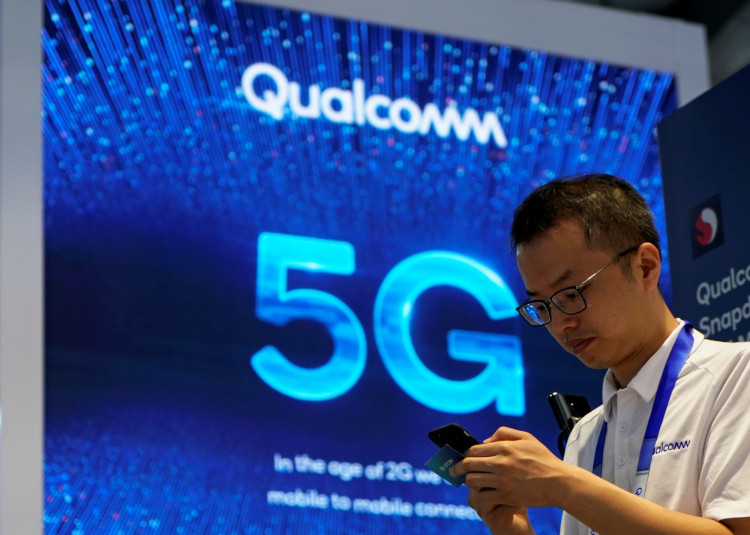Qualcomm CEO Steve Mollenkopf tried to explain the disappointing figures the company unveiled for the June quarter.
The American chipmaker posted a 34 percent decline in net income and Mollenkopf said Huawei's growth in China is partly to blame.
According to CNBC, Mollenkopf said this week that Qualcomm is further expecting to feel more heat over the next two quarters from Huawei's popularity back home.
"The Huawei export ban, along with the pivot from 4G to 5G, which accelerated over the past couple of months, has contributed to industry conditions," he noted.
Ever since China's leading tech giant was banned from purchasing equipment from American firms, Huawei has been working towards self-dependence. The company also received widespread support from Chinese citizens who believe the U.S. ban was unfair and uncalled for.
Qualcomm is still popular in other countries but it appears that the strong sense of nationalism in China led to more support for Huawei. Industry analysts believe the trend will keep up until the China-U.S. trade war persists.
The Honor maker has been increasing its market share in China over the past few months, even hitting record high shipments of smartphones at home turf. As a result of the shift from international to domestic markets, Qualcomm's revenue suffered.
Furthermore, Huawei is forging a path that focuses on self-reliance following the unexpected U.S. ban. This means the Chinese firm could stop sourcing tech equipment from American providers even if the ban is lifted within months, industry experts said.
Qualcomm isn't the only one that experienced weaker profits in the Chinese market. CEO of Intel, Bob Swan, said slowing demand is expected to have an impact on the profits for this year. Despite the rivalry with Huawei, Swan revealed Intel has submitted some requests to the White House so it can sell supplies to the Chinese firm.
Meanwhile, Qualcomm is looking for ways to somehow boost other projects that could help cushion the impact of the apparent revenue decline. Multiple outlets confirmed that the company will work with China's Tencent Holdings to improve the gaming experience.
Qualcomm and Tencent will collaborate on the development of a Tencent-backed gaming smartphone that will be run on Qualcomm's chips, Reuters reported. The twist is, the game-centric phone will be powered with 5G tech.
It remains to be seen how Qualcomm's new partnership with Tencent will help boost profits. However, industry experts have high hopes for the collaborative project to work as desired.
Until the product comes out, Qualcomm is expected to battle with headwinds from Huawei's growing dominance in the world's second-largest economy.






